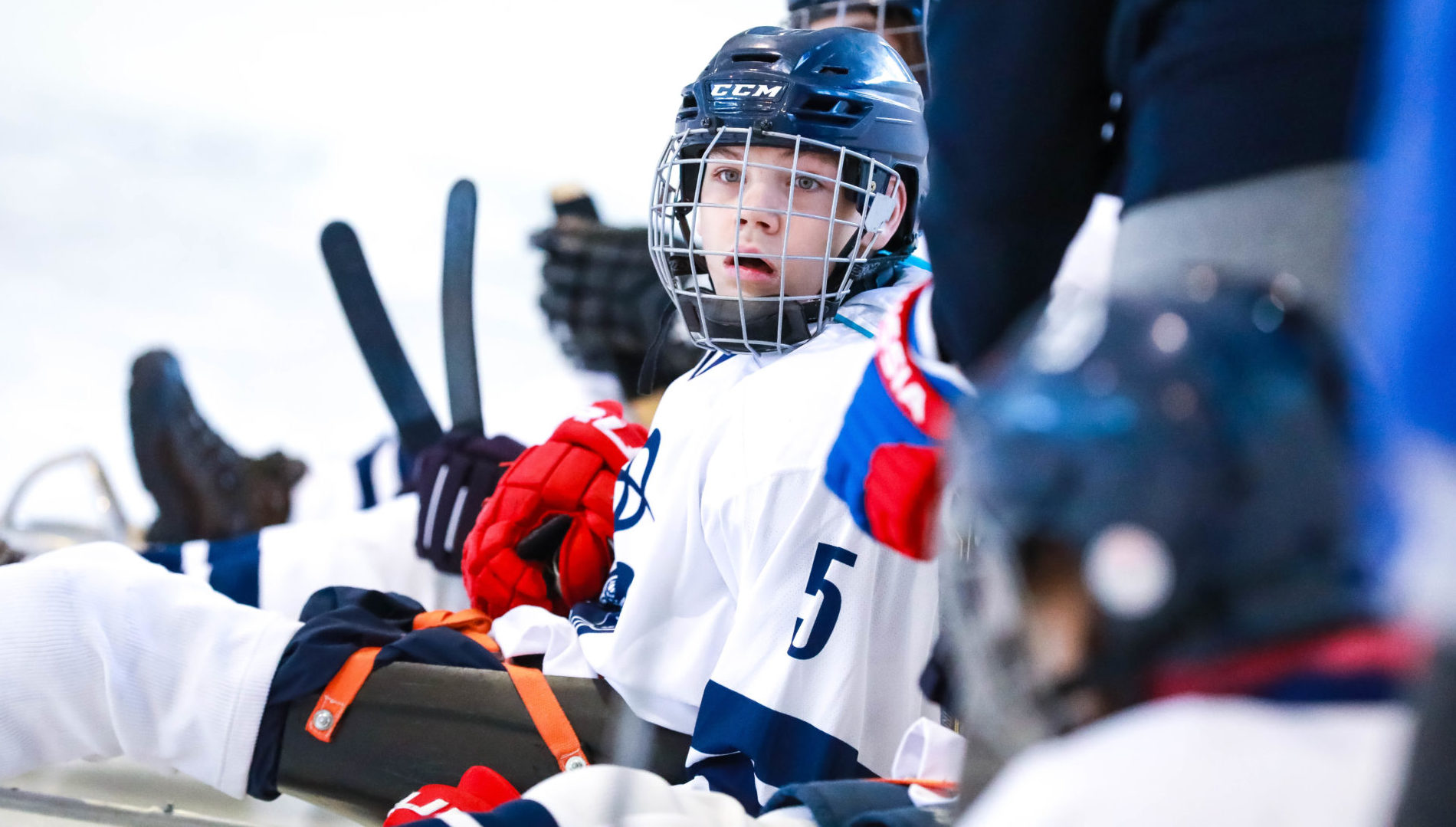Researchers of the Laboratory of Human Capabilities at the MCU’s Institute of Natural Sciences and Sports Technologies have conducted a series of research on the influences of adaptive hockey on children under the support of the Presidential Grant Foundation.
24 children practicing blind hockey, sled hockey, hockey for persons with autism or Down syndrome, took part in the research and were divided into two groups, reference and experimental. The reference group included children doing sports less than 12 months, and the experimental one consisted of athletes with more than a year of experience.
Professor Elena Fedorova, Head of the Laboratory, commented on the procedure of the functional condition examinations:
The laboratory is equipped with advanced high-tech facilities which allow not only for the examination of the body type of young athletes but also the assessment of morphofunctional status by various methods, including caliperometry, bioimpedance analysis, handgrip test, heart rate monitoring.
The researchers have examined the functional condition of the respiratory system, have done a number of psychophysiological tests, and have measured reaction rate and the balance of nervous processes.
Researchers have revealed that practicing hockey contributes to the physical and mental development of differently-abled children. The research shows that children doing adaptive hockey for more than a year excel beginners and sometimes do not yield to healthy peers.
As the result of the yearly work, scholars of the laboratory have published guidelines for blind hockey coaches. Anton Politov, Head of the “Hockey without Obstacles” program, shared his thoughts on the results of the work:
We had received feedback from parents on the changes in children’s lives for several years, but we did not possess scientifically driven data. The Presidential Grants Foundation has provided us with an opportunity to obtain such data. And now we know that the changes in children’s lives are not just parents’ excitement but proven by scientists.
The results of the research have served as a basis for methodological guidelines for blind hockey coaches. Further, they may be used for the design of other guidelines of the Child Sled Hockey League.

